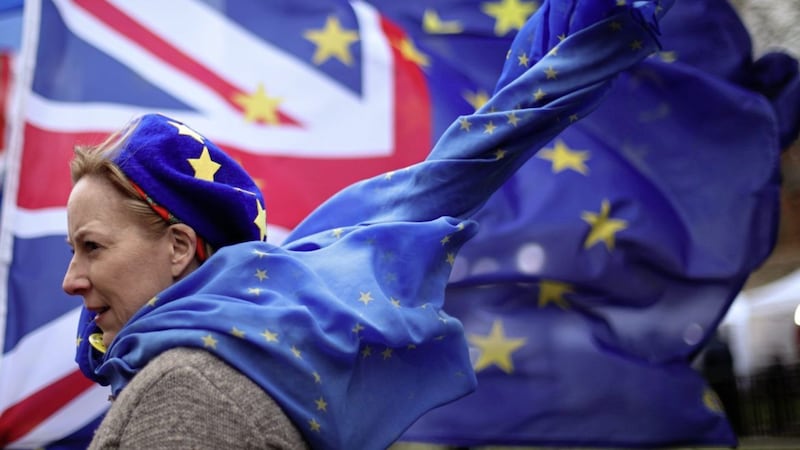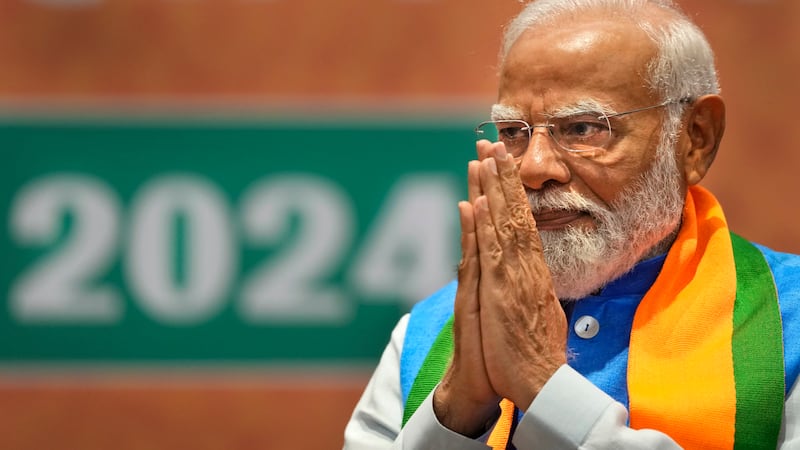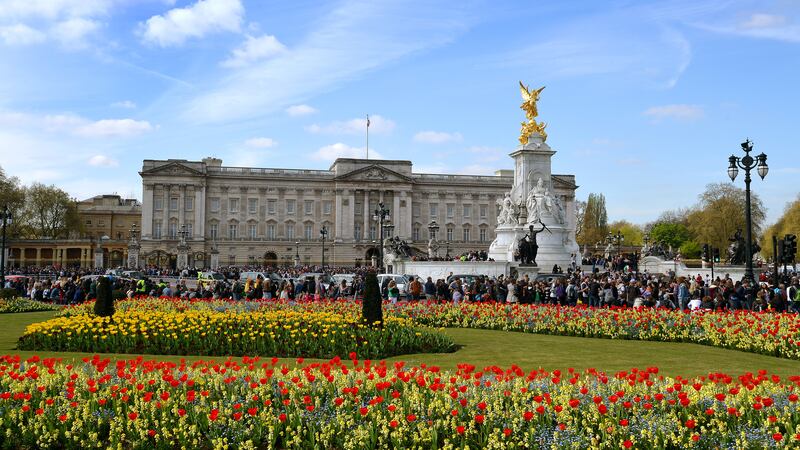LEADERS in business, agriculture and politics in Ireland north and south have warned of the "catastrophic" impact of the British government's trade tariff plans in the event of a no-deal Brexit.
No import tariffs would apply to goods entering Northern Ireland from the south, but tariffs would be imposed on some products moving from the Republic to Britain – including high tariffs on a range of food items.
But while the south's products would enter Northern Ireland tariff-free, the north's products moving in the other direction could face EU tariffs.
The British government outlined its no-deal Brexit plan after MPs on Tuesday rejected prime minister Theresa May's withdrawal agreement.
It accepts the plans will cause competitiveness "concerns" for Northern Ireland businesses and farmers, but said the arrangements for a possible March 29 exit are necessary to avoid a hard north-south border.
Tánaiste Simon Coveney said any UK tariffs on agricultural trade between Britain and the Republic would be "very damaging" to the Irish economy.
He said that in the event of a no-deal Brexit, the government would look for a further relaxation of state aid rules and for EU supports for businesses.
"The solidarity is clear. There is no pressure on Ireland to change our approach in relation to the withdrawal agreement, the Irish protocol in it or indeed the backstop in all of its detail," he said.
He added: "It's up to the British political system and the British government to try and find a way of resolving its own issues."
Fianna Fáil leader Micheál Martin said the British government's proposed tariff regime would have "very potentially devastating" implications for Irish farming.
Sinn Féin vice president Michelle O'Neill criticised the DUP, saying the party needs to "move back from the brink" of pushing the north to a no-deal Brexit.
"They need to realise what they are doing to the livelihoods of the people here. To our economic prosperity, to our peace agreement," she said.
DUP deputy leader Nigel Dodds said the no-deal plans need to be reciprocated by the Irish government and the EU.
"This is an offer by the government to try to avoid problems," he said.
"But if it's not reciprocated, either in terms of hard border infrastructure or in tariffs for Northern Ireland going into the south, then clearly the government will have to look at that."
UUP MEP Jim Nicholson said the British government's plans would "annex Northern Ireland away from the rest of the UK".
He said Taoiseach Leo Varadkar "is now seeing the nonsense of where the EU has led him to" and this "potential scenario should certainly focus minds on the need for a short technical extension in order to obtain a good deal".
Alliance deputy leader Stephen Farry said the no-deal plans are "neither tenable nor sustainable".
"These proposals will also bring significant economic distortions and consequences, including formal displacement of trade and economic activity, and indeed smuggling," he said.
Angela McGowan, director of CBI in Northern Ireland said the plans leave Northern Ireland "highly exposed both economically and politically".
"It's quite startling that these proposals have been devised with little regard to Northern Ireland’s economy and living standards," she said.
Ulster Farmers' Union president Ivor Ferguson said the tariffs would "drive down prices and hit producers" in Northern Ireland, and demonstrate "why a no-deal Brexit must be avoided".
"It is unlikely the EU would offer the same zero tariff to Northern Ireland or the UK as a whole. This is why we have called for reciprocal tariffs – whatever the EU applies, the UK should apply in return," he said.
The Irish Cattle and Sheep Farmers Association said the impact of the proposed tariffs on the Irish beef sector "would be catastrophic".
Secretary of State Karen Bradley said the measures "recognise the unique circumstances of Northern Ireland".
"The government has been clear that a deal with the European Union is the best outcome for Northern Ireland," she said.
"But we will do all we can to support people and businesses across Northern Ireland in the event that we leave without a deal."








